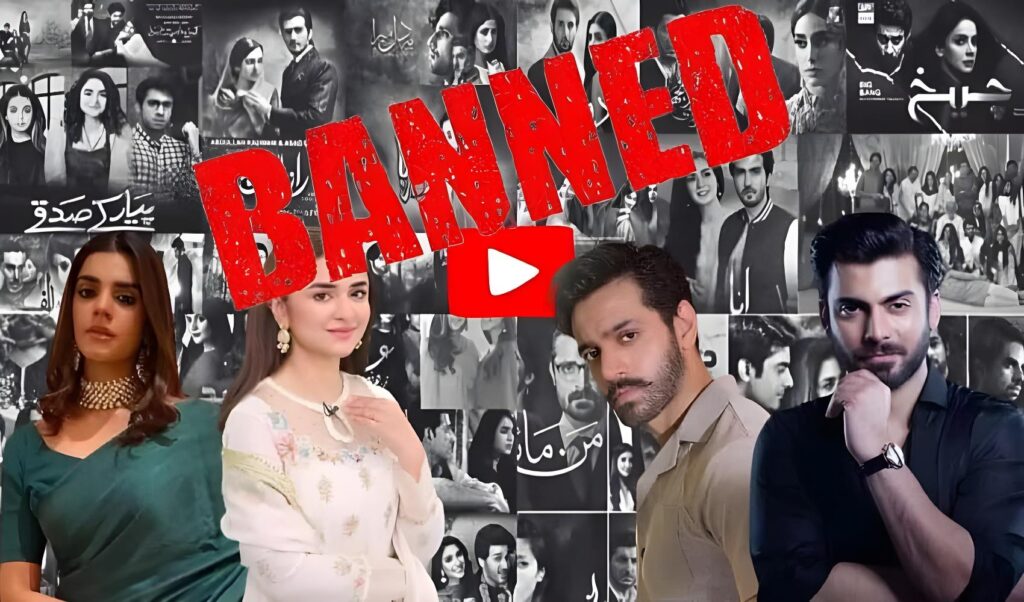As diplomacy freezes and cross-border hostility rises, YouTube becomes the newest front in the Indo-Pak cold war.
In an unprecedented escalation of digital censorship, the Indian government has banned access to a wide range of Pakistani YouTube channels — from hard-hitting newsrooms and sharp-tongued journalists to beloved entertainment outlets and legendary sports personalities.
This sweeping move, reportedly triggered by the April 22 Pahalgam attack and recommended by India’s Ministry of Home Affairs, has blocked 16 Pakistani YouTube channels across Indian cyberspace.
High-profile casualties include Dawn News, ARY News, Geo News, Bol News, and Samaa TV, along with independent creators like Asma Shirazi, Umar Cheema, and Irshad Bhatti.
But what has truly rattled the digital crowd is the inclusion of cricket icons like Shoaib Akhtar , Arshad Nadeem and Rashid Latif — with fans further enraged as content featuring Shahid Afridi reportedly faces throttling in parts of India. Sports fans, caught in the crossfire of political tension, have condemned the move as a direct hit on people-to-people connection.
And that’s not all. In a stunning cultural twist, India has now pulled the plug on top Pakistani drama channels like ARY Digital, Har Pal Geo, and Hum TV. These platforms — responsible for breakout hits like Zindagi Gulzar Hai, Tere Bin, and Mere Humsafar — had captured the hearts of Indian households over the past decade. Stars like Fawad Khan, Mahira Khan, Yumna Zaidi, and Wahaj Ali had become cross-border sensations.

Now, when Indian viewers try to stream these shows, they’re met with a stark message:
“This content is currently unavailable in this country because of an order from the government related to national security or public order.”
While some users on Indian networks like Jio can still access the dramas — sparking speculation about selective implementation — the overarching ban has been seen by many as a move to choke cultural diplomacy and silence soft power.
Even the BBC wasn’t spared. Indian officials accused the broadcaster of biased coverage of the Pahalgam attack for using the term “militants” rather than “terrorists.” The BBC defended its reporting as balanced and responsible.
Adding fuel to the fire, India’s National Cyber Emergency Response Team (N-CERT) issued fresh warnings to journalists and digital creators against sharing troop movements or sensitive military content online, citing national security risks.
This digital clampdown follows a series of post-Pahalgam flashpoints — from India re-evaluating the Indus Waters Treaty, to both countries blocking the cross-border film Abir Gulaal, starring Fawad Khan and Vaani Kapoor.
Amid mounting bans and growing censorship, fans across the world are turning to VPNs and alternative platforms to access the blocked content — proving that despite national boundaries, digital storytelling remains unstoppable.

